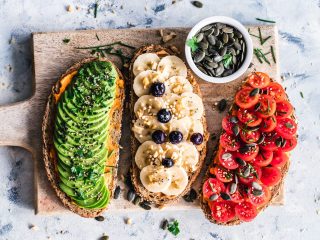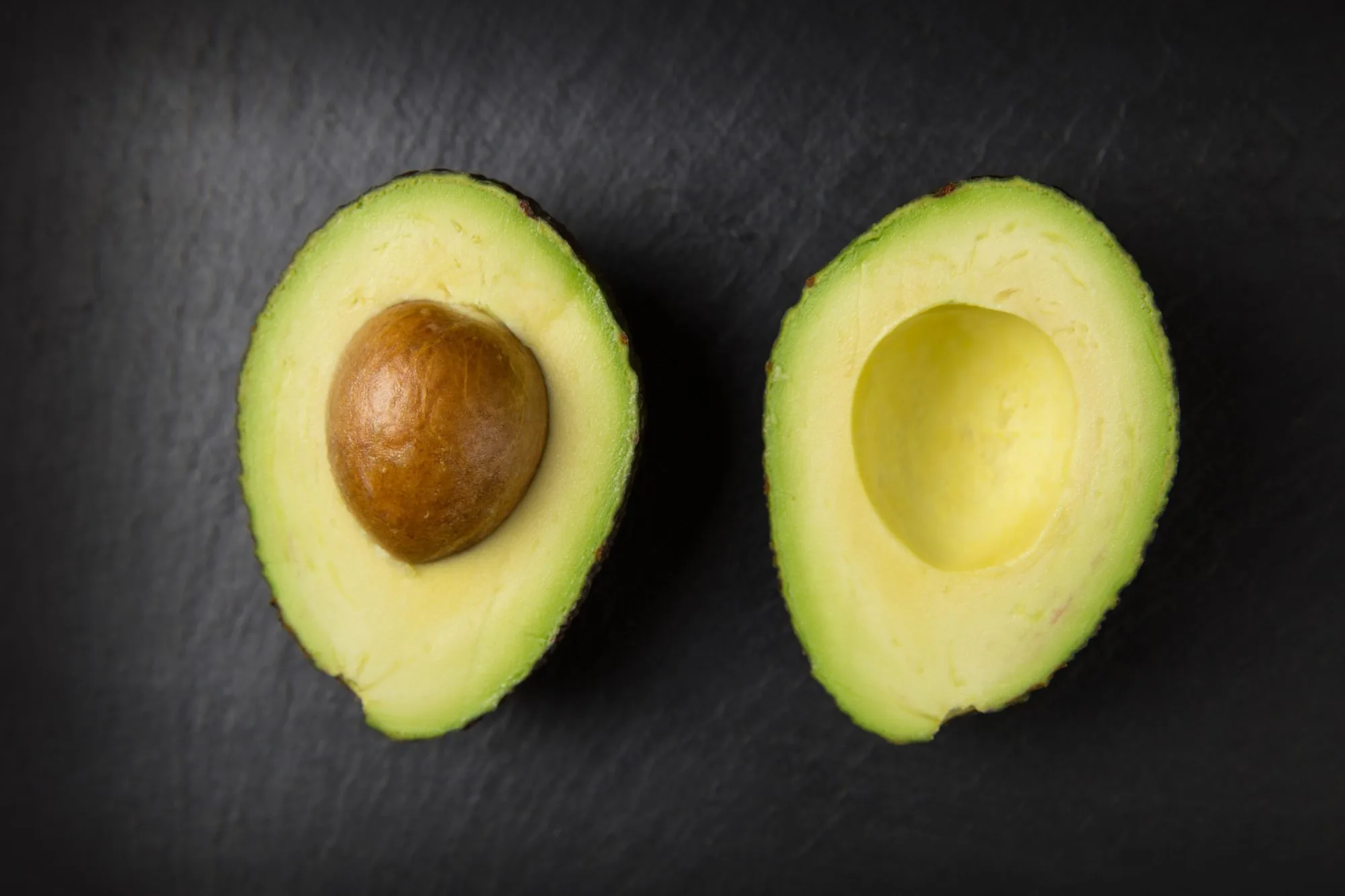Did you know that there are more microorganisms in the gut (over 40 trillion) than there are human cells in the body, scattered along a surface area ten times greater than the skin? Together, all the microorganisms in our gut are called the gut microbiota. Like a unique fingerprint, each person has their very own massive collection of microbes in the gut, and each microbe is important for gut health.
Why Microbes Matter in Gut Health
Every day we live in harmony with our gut microbiota which helps to digest the food, regulate our immune system, produce vitamins, and protect against the harmful bacteria that can cause disease and illness. Diet, medication use, stress, exercise, and even being born via C-section or whether you were breastfed as a baby can all influence our gut microbiota.

A disturbance in the gut microbiota, called dysbiosis, may mean a less than happy gut with bloating, cramps, excessive wind, constipation, diarrhea, and just feeling sluggish overall. Over the long term, an imbalance in the gut microbiota has even been linked to an extensive list of illnesses and diseases such as anxiety, depression, autism, and Parkinson’s disease. The gut hormones that regulate appetite and energy intake may even influence obesity.
A Focus on Fiber
The gut microbiota lives on the fiber from the food we eat daily. Therefore, a healthy diet that includes fiber is clearly especially important. Unfortunately, many South Africans fall short of the recommended fiber intake each day. It is recommended that women consume at least 25g and men at least 38g of fiber per day. In a survey of South African diets, the fiber intake in women and men seems to be as low as 16g and 18g, respectively.
Fiber found in plant-based foods such as fresh fruit, vegetables, legumes, and whole grains, and is part of a plant that cannot be broken down by digestive enzymes in the gut. Our gut needs diverse types of fibers to keep it healthy, each of which has its own unique function.
Soluble fiber acts like a mop and helps absorb fluid in the gut. It then forms a soft, gel that helps the stool easily pass through the gut. This fiber is found in oats, oat bran, oranges, bananas, apples, carrots, and berries. It can also be found in legumes such as beans, lentils, and split peas.

Photo by Ella Olsson on Unsplash
The other type of fiber is insoluble fiber, and this fiber does not dissolve in water. Insoluble fiber acts like a broom, roughly sweeping through the gut to remove waste. This type of fiber is found naturally in whole grains such as high-fiber bread and breakfast cereals. They can also be found in digestive bran, brown/wild rice, nuts, seeds, corn, and the skin of fresh produce.
Avocados and the Gut
The good news is that avos are a good source of fiber in the diet. They contain a unique mix of both insoluble fiber (70%) and soluble fiber (30%). In fact, new research has suggested that eating avos may benefit the gut microbiota. In the study, participants either received a low-energy diet with one Hass avocado per day or a low-energy diet without avocado. Within both groups, there were significant decreases in weight and total body fat.
However, those who ate avocados had an increase in the abundance of healthy gut bacteria. They also lost more weight than those who didn’t eat avocados daily. The authors believe the weight loss was related to a shift in gut microbiota. This is because one Hass avocado contains 9.2g of dietary fiber. And since your gut is home to over 70% of your immune system, a healthy gut means a healthy body. This is especially important, as the world is in the grip of the COVID-19 pandemic.
So go on and add an avo to your diet today. Your gut health will thank you.
Read more
Did you know that stress impacts your gut health?
Who is the author?
Monique Piderit is a Registered Dietitian on behalf of SAAGA. Monique believes in an integrative approach to nutrition, where the key to being healthy is to adopt small yet impactful changes to your lifestyle. She has a special interest in sports nutrition, gut health, and teaching patients to eat sustainably for both better personal health and the health of the earth.





![women [longevity live]](https://longevitylive.com/wp-content/uploads/2020/01/photo-of-women-walking-down-the-street-1116984-100x100.jpg)









